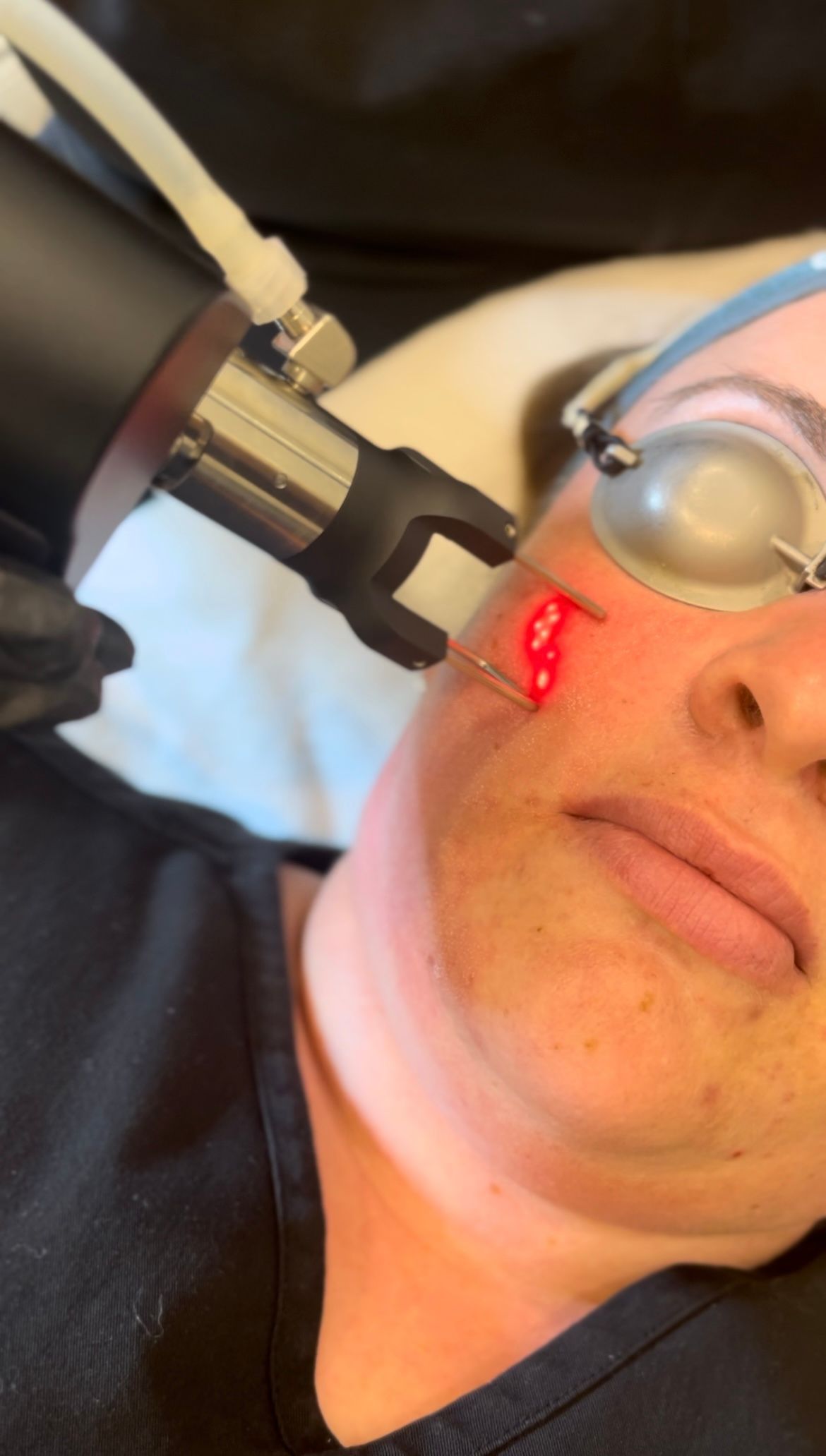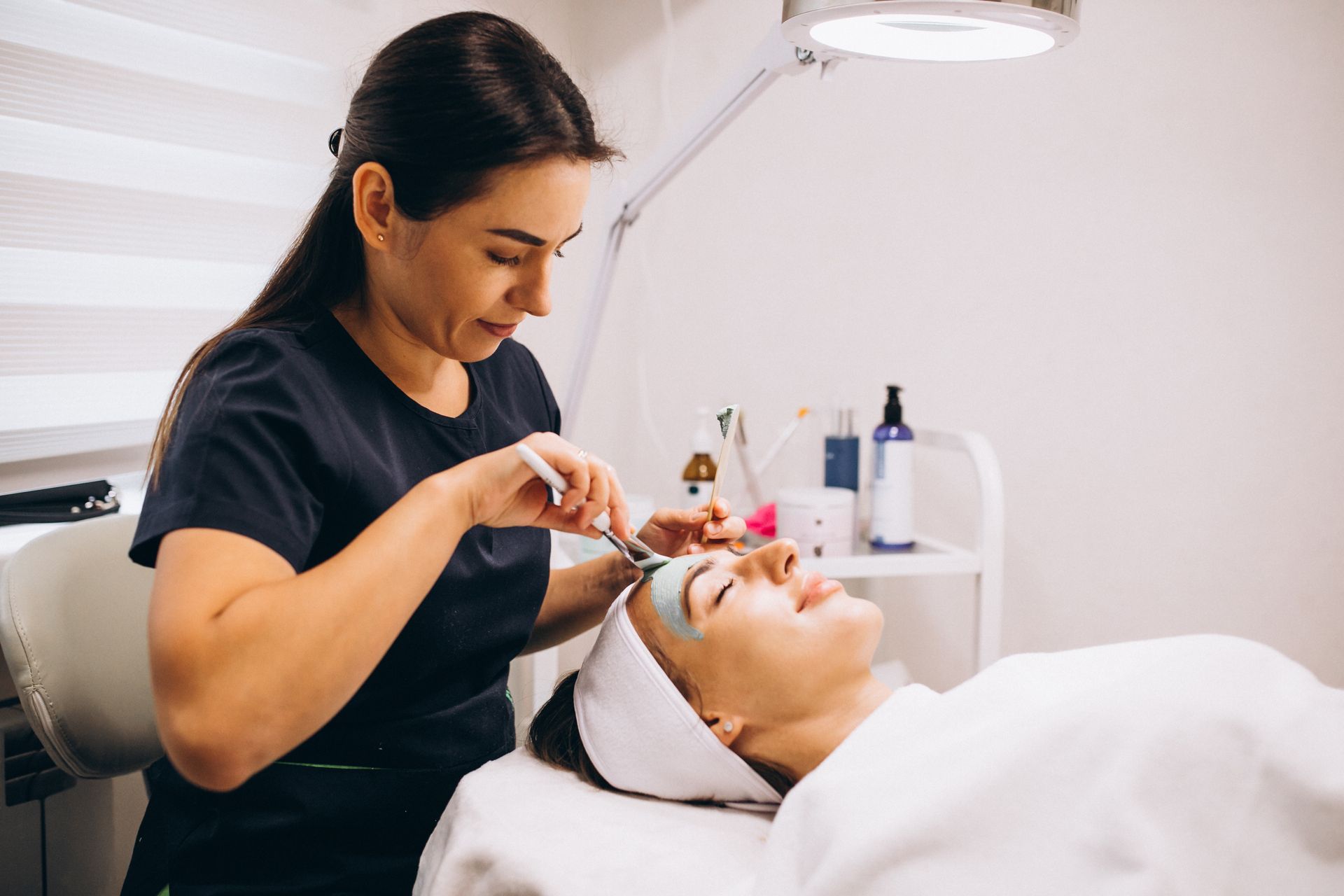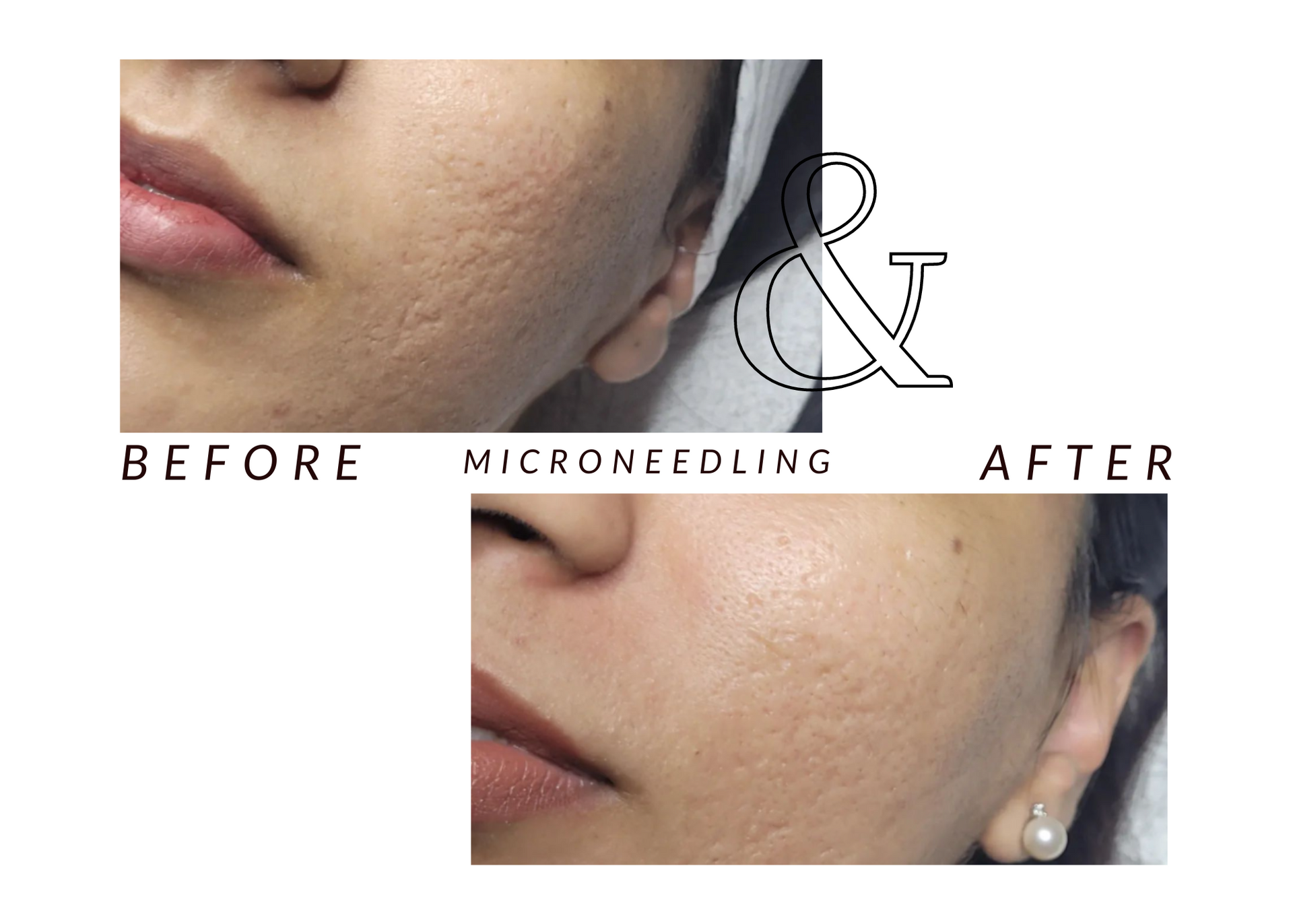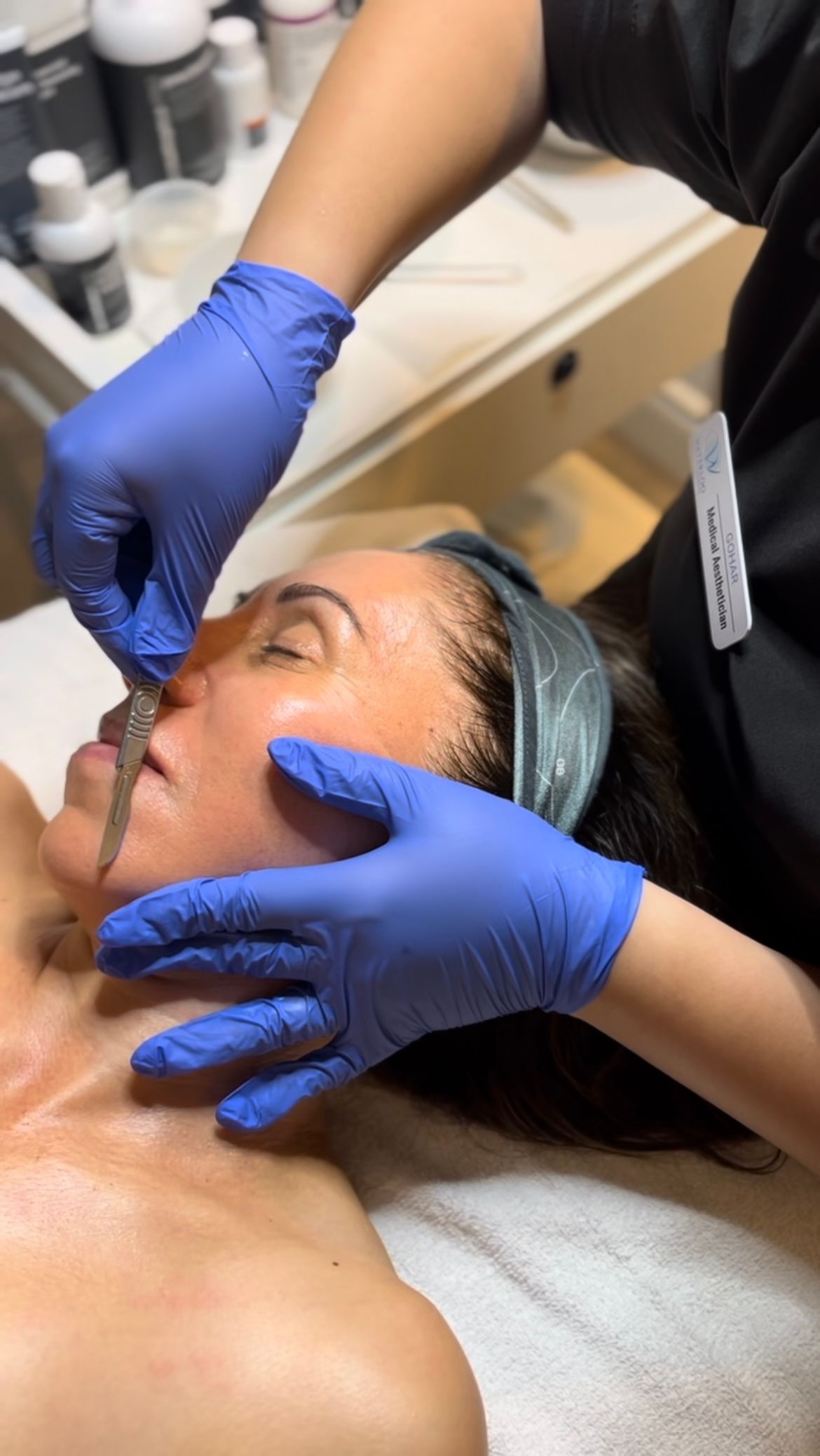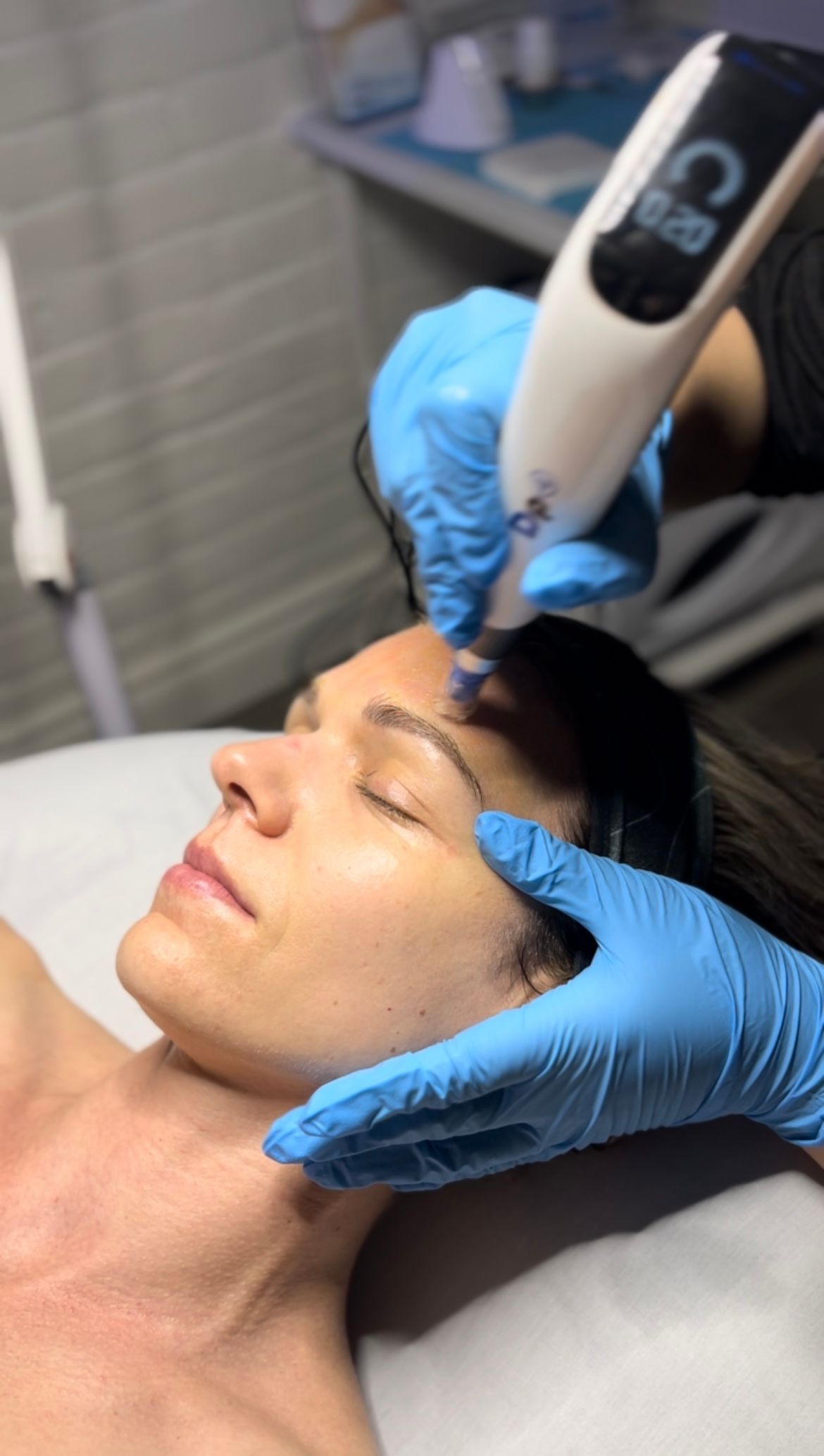Can Botox for Teeth-Grinding Be Covered By Your Insurance?

Bruxism, or teeth grinding, is a common condition that affects millions of people around the world. If left untreated, bruxism can lead to serious oral health problems and negatively impact the quality of life. If you have bruxism and are wondering whether your insurance will cover treatment, read on to find out more.
What is Bruxism (Teeth Grinding) and What are the Symptoms?
Bruxism
is a condition in which a person grinds or clenches their teeth unconsciously, usually while sleeping. It can cause a range of symptoms, such as:
- Tooth damage
- Jaw pain
- Headaches
- Earache
- Sleep disruption
What are the Possible Causes of Bruxism?
There is no single cause of bruxism, and it can be triggered by a variety of factors, including:
- Stress
- Certain medications
- Alcohol and caffeine
- Sleep disorders
How Can You Treat Bruxism and What are the Possible Side Effects of Treatment Methods?
There are several treatment options for bruxism, namely,
- Mouth guards: Mouth guards or splints can be worn at night to protect the teeth from grinding and clenching.
- Botox: Botox injections can be used to relax the muscles in the jaw and reduce the frequency of teeth grinding
- Behavior modification: Changing certain habits, such as avoiding alcohol and caffeine, can help to reduce the risk of bruxism.
- Stress management: Reducing stress through relaxation techniques such as meditation or exercise can help to reduce the frequency of bruxism.
And of course, there are potential side effects to consider with each treatment option. Mouthguards can cause mouth soreness, while Botox injections may cause muscle weakness or difficulty swallowing.
It is important to consult with a healthcare professional to determine the best treatment option for you and to discuss any potential side effects.
Can Bruxism Be Covered by Insurance and, if so, How Do You Go About Filing a Claim for Coverage?
Bruxism is typically considered a dental issue and is usually covered by dental insurance. However, coverage can vary depending on the specific policy and the treatment being sought. In some cases, medical insurance may cover certain treatment options, such as Botox injections, if they are deemed medically necessary.
To find out whether your insurance will cover treatment for bruxism, you will need to check with your provider. You will need to provide your policy information and any relevant documentation, such as a diagnosis from a healthcare professional. It is also a good idea to familiarize yourself with your policy's exclusions and limitations, as certain treatments or procedures may not be covered.
Are there any Steps That can be Taken to Prevent or Reduce the Risk of Developing Bruxism in the First Place?
While it is not always possible to prevent bruxism, there are certain steps that can be taken to reduce the risk of developing the condition or to minimize the impact of existing bruxism:
- Reduce stress
- Avoid alcohol and caffeine
- Quit smoking
- Maintain good oral hygiene
Consult with a Doctor to See if Botox is Right for You
Botox injections can be an effective treatment option for bruxism, but it is not suitable for everyone. It is important to consult with a healthcare professional to determine whether Botox is the right treatment option for you and to discuss any potential risks or side effects.
Try Botox for Bruxism at Waterloo Medical Cosmetics
If you're interested in learning more about treatment options for bruxism and whether they are covered by your insurance, don't hesitate to contact us. Call us at
(226)-476-4367 today or fill out our
online contact form
to schedule your consult.



